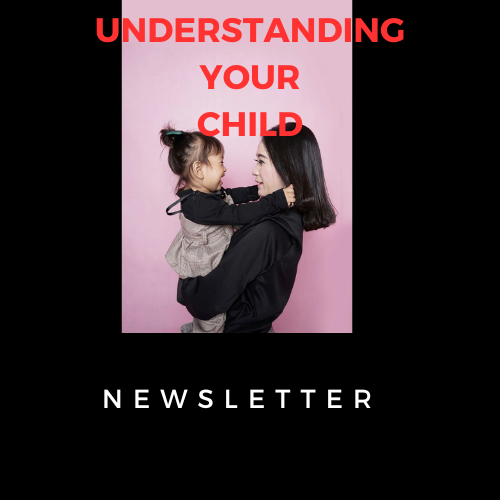 NewsLetter #3 May 27, 2024
NewsLetter #3 May 27, 2024
The Primacy of Emotions
Your emotions are a bellwether of your mental health. In addition to being an indicator, emotions are a primitive means of apprehending experience. This means your child has an emotional understanding of his/her world before having an understanding based on language or cognition. Your child responds to your emotional states long before he/she has the ability to understand what you are saying. We adults are much more attuned to what we say and what we do than to how we feel. If you are not attuned to your emotions, then you and your child are not on the same page in terms of communication.
The Social Milieu
If your child is very young, all the interactions you have with her comprises her social milieu. The social milieu is dense in emotional nuances that are so common that adults have ceased to attend to them. Your child’s receptivity to contextual information catches these emotions. For example, if you are upset, the way you change your baby’s diaper will be affected in small ways. You attention will be else where than to your baby. Your child will perceive this subtle change in attentional focus from you. You may not give your baby a quick kiss as you usually do. Your baby has no language with which to think about your mental state, and she has yet to develop the cognitions with which this change of interaction could be understood. Your baby receives your emotions directly without cognitive filters. In a direct way, every baby is attune with the tone of its parents’ emotional states and interactions.
Emotions Are Simple Cognitive Structures
These emotional experiences are some of the first experiences of her social world your child will have. Because of their structural simplicity, emotions are more directly experienced that are language or cognitions. For example, when encountering your speech, your baby will directly experience the vocal symbol. She will not encounter the content of those symbols, because content for her is yet to emerge in her language development. The content of your speech may be frightening or happy, but your baby will only experience the quality of the sound of your voice. If your voice has a frightening quality, then this will be the emotion your child experiences. If a happy quality, then a happy emotion will be experienced.
Emotions, on a basic level, do not involve symbols. Our brains don’t have to process these additional structures when we experience emotions. If the majority of the emotions you are experiencing as a parent are negative, then your baby is likely experiencing its world as negative.
Your Emotions and Your Child
These characteristics of emotions are important, because adults experience most of their world symbolically. Our world is wrapped in the many colored cloak of linguistic meaning. We have long forgotten the more direct experience afforded by our basic emotions. Adult emotional states affect children directly. If, as a parent, you find yourself frequently angry or depressed, you should seek psychological help with these emotions. Your child is very receptive to them. They are like a highly infectious virus to your child and will produce effects in your child’s life far into her adulthood.